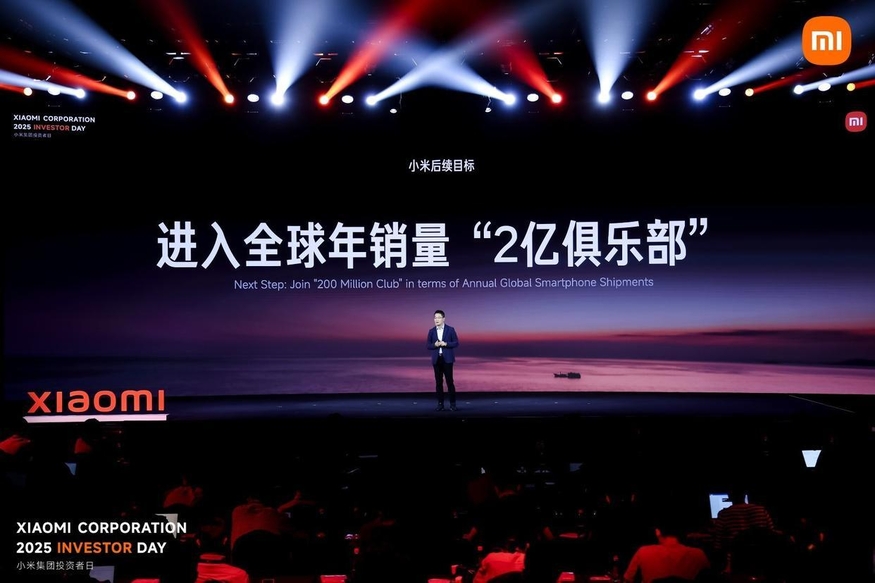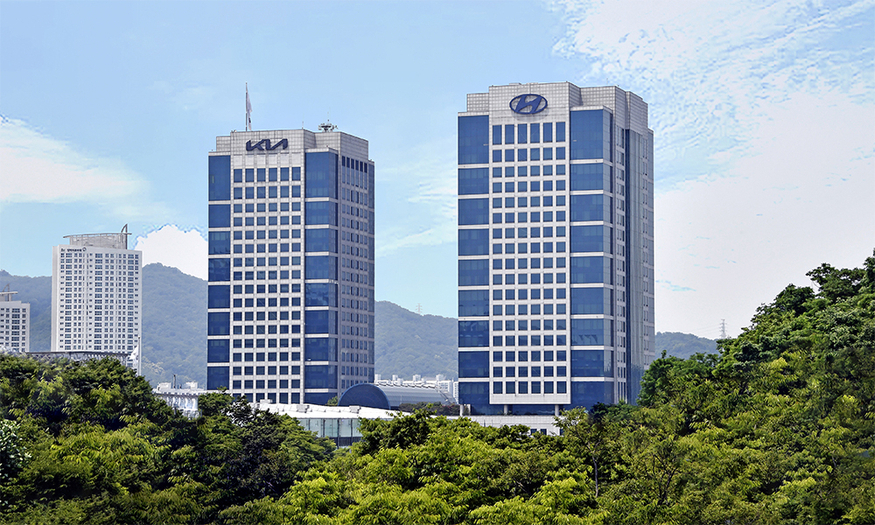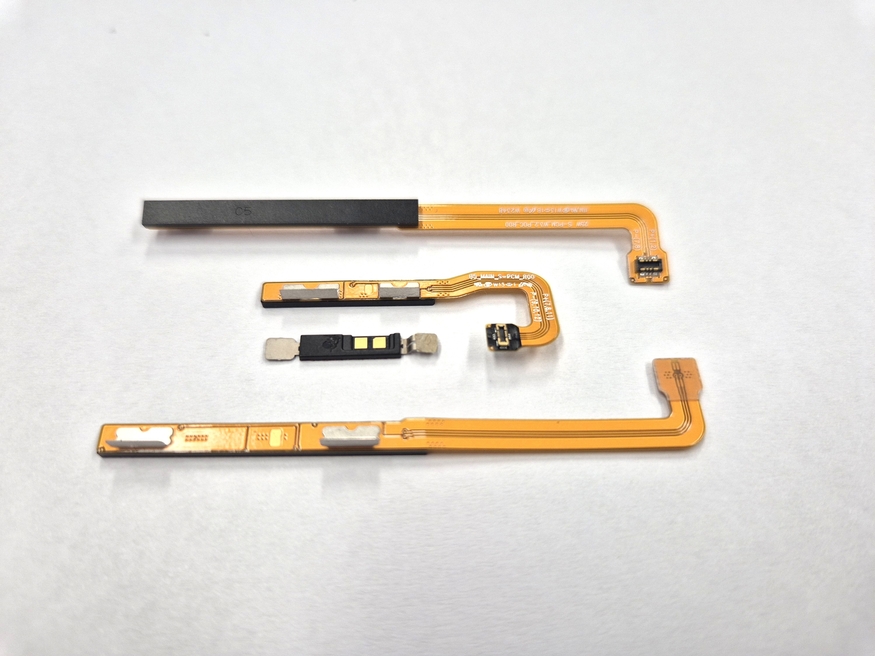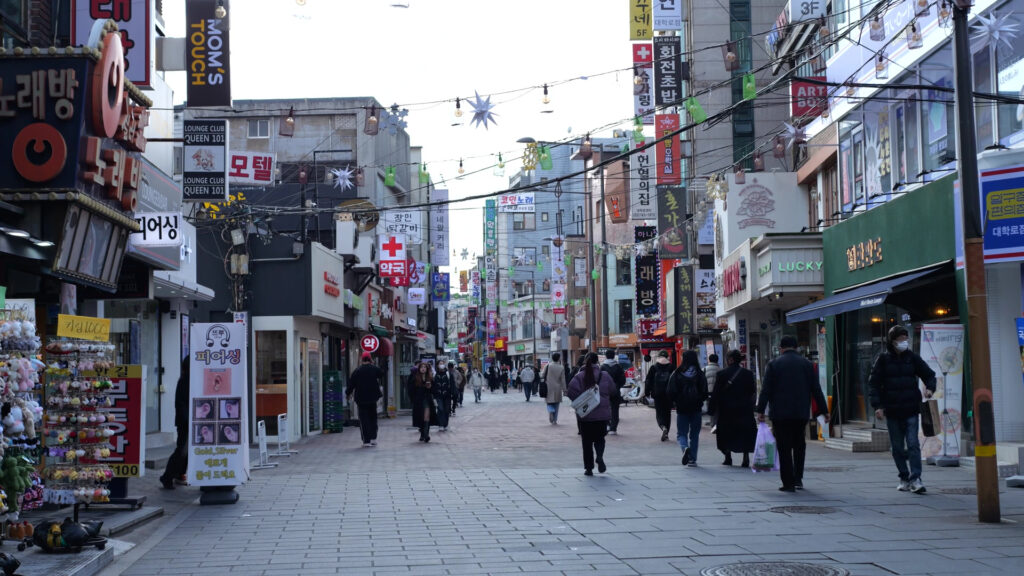
Early Life and Education
He was born on December 3, 1960, in Suwon, Gyeonggi Province, as the eldest son of Choi Jong-hyun, the former chairman of the Sun Kyung Group.
He graduated from Shinil High School in Seoul and obtained a degree in Physics from Korea University, as well as a degree in Economics from the University of Chicago. He completed an integrated master’s and doctoral program in Economics at the University of Chicago Graduate School.
Career Beginnings
He joined SK Trading as a manager and then served as a director at SK America and as an executive director at SK Trading before becoming the CEO of SK in 1997.
In 1998, he was appointed as the Chairman and CEO of SK, while also taking on the roles of CEO for SK Innovation and SK Hynix.
He has identified semiconductors and artificial intelligence (AI) as the future growth drivers of the group and is pursuing large-scale investments in these areas.
As the group faced an increase in total debt and the proliferation of subsidiaries, he initiated a business restructuring (rebalancing) to streamline non-core subsidiaries.
He is currently undergoing divorce and asset division proceedings with his wife, Noh So-young, the director of Art Center Nabi.
Leadership and Innovations
Choi Tae-won has extensively appointed young “technical talents” to lead the artificial intelligence sector in the 2025 executive appointments.
Choi Tae-won plans to make significant investments in the artificial intelligence field, which is seen as a future growth driver for SK Group. The executives selected this time are expected to be the main agents in executing these investments.
SK Group announced the appointments of its president and executives for 2025 on December 5, 2024.
It was notable that major affiliates, including SK Hynix, the holding company SK, SK Telecom, and SK Square, all placed AI talents in key positions.
While some reactions indicated that the scope of the presidential reshuffle was not as extensive as expected, a closer look revealed significant changes within the executive team.
In total, 75 new executives were appointed in this reshuffle, with about two-thirds categorized as specialists in technology and production fields. Additionally, the average age of the newly appointed executives is 49.4 years.
SK Hynix produced 33 new executives, approximately 70% of whom are technical experts in next-generation semiconductor development. Ahn Hyun, who was promoted to president, will also be involved in developing future products such as next-generation AI memory.
Alongside this announcement, SK Group also revealed the opening of an “AI R&D Center” to consolidate the group’s AI capabilities. This center will support the businesses of affiliates in areas such as AI modeling, vision AI, digital twins, and AI factories.
The holding company SK also established a new “AI Innovation Division” directly under the CEO.
Future Plans
Choi Tae-won is working on restructuring the business and reorganizing the increased number of subsidiaries within SK Group.
This restructuring, or rebalancing, is based on focusing investments in AI, supporting underperforming subsidiaries through mergers, integrating overlapping subsidiaries, and repaying debt through the sale of non-core subsidiaries.
SK Group aims to reduce its debt ratio to below 100% by 2027 and generate free cash flow of 30 trillion won through these efforts.
In particular, the group plans to invest 100 trillion won in the AI and semiconductor sectors by 2028 to strengthen its competitive edge. The key subsidiaries in these areas will be SK Hynix and SK Telecom.
The group is also focusing on securing business capabilities in North America, particularly in the battery, semiconductor, and bio sectors.
SK Group has officially announced its investment plan for the U.S., stating, “We will invest 52 billion dollars in the U.S. by 2030.“
The newly established American entity, SK Americas, which was formed by integrating the North American public affairs organizations of the group, serves as the control tower for business in the region. In the 2025 executive appointments, Paul Delaney, a former member of the U.S. Trade Representative’s office, was brought in as the head of public affairs.
Choi Tae-won is also indicating a direction that combines the implementation of ESG (Environmental, Social, Governance) management with the establishment of growth engines for the group.
Through the SK Supex Council, the group’s control tower, he is requiring the management teams of each subsidiary to incorporate ESG management elements into their business models and to execute them as part of their management strategies.
SK Group has announced the introduction of what is called “Board of Directors 2.0” to enhance the governance of its subsidiaries, strengthening the board’s function of “management oversight and supervision.” This redefines the board’s role to focus on “supervisory tasks,” allowing management to concentrate on decision-making and the board to establish “preliminary strategic directions” and enhance “post-oversight functions.“
As the chairman of the Korea Chamber of Commerce and Industry, Choi Tae-won is actively voicing the need for regulatory reforms that hinder the business community, while also not shying away from suggesting directions for economic policy.
His divorce lawsuit with his wife, Noh So-young, the director of Art Center Nabi, has become a major topic in the business community. As of January 2025, the lawsuit is awaiting the final judgment from the Supreme Court.
In the second trial, Choi was ordered to pay Noh 1.38 trillion won for asset division and 2 billion won for alimony.
Recent Updates
Choi Tae-won, Chairman of the Korea Chamber of Commerce and Industry, proposed three tasks at the “52nd Commerce Day Ceremony” held on the 19th: the determination to change outdated laws and systems, the flexibility needed for economic structural transformation, and the courage to embrace technological changes such as artificial intelligence (AI).
In his speech, Chairman Choi noted, “When Commerce Day was first established in 1974, the Korean economy was facing a significant crisis. Growth rates plummeted due to the oil shock, and inflation soared above 20%.” He added, “However, we did not crumble in the face of crisis and laid the foundation for economic growth through a bold industrial structural transformation from light industry to heavy and chemical industries.“
He went on to say, “Now we are facing another crisis and challenge, and if we fall behind in change, we will be excluded. We must change at a faster pace to survive,” emphasizing the need for three types of courage.
The first type of courage he mentioned was the determination to change outdated laws and systems. Choi stated, “The old laws and systems based on the past industrialization era are no longer applicable today,” and called for bold institutional reforms that decisively cut away regulations that restrict private creativity and innovation.
Secondly, he referred to the need for flexible courage in economic structural transformation, urging the diversification of strategic overseas investments in addition to the export-led economic model, as well as expanding service exports using K-content.
Finally, Choi emphasized the importance of creating an environment that embraces technological changes such as AI. He suggested that perceptions of AI and digital transformation should shift from viewing them as costs and investments to accepting changes across production methods, work processes, and organizational culture.
Additionally, according to the 2024 business report disclosed by SK Hynix, Chairman Choi received approximately $1,875,000 in salary without any bonuses last year.
He also received approximately $2,625,000 in salary from SK Corp. totaling about $4,500,000 from the two companies alone. In 2023, he received a total of $4,500,000 in salary from both companies. Despite SK Hynix achieving record-breaking performance, Chairman Choi chose to freeze his compensation. He does not receive any compensation from other affiliates.


![[K-CEO]Jeong Yong-jin, Chairman of Shinsegae Group](http://43.202.237.228/wp-content/uploads/Jeong-yongjin_Thumbnail-683x1024.png)
![[K-CEO]Choi Tae-won, Chairman of SK Group](http://43.202.237.228/wp-content/uploads/Chi-Taewon_Thumbnail-683x1024.png)
![[K-CEO]Lee Jae-yong, Chairman of Samsung Electronics](http://43.202.237.228/wp-content/uploads/Lee-jaeyong_Thumbnail-683x1024.png)
![[K-CEO] Kim Seung-yeon is the chairman of Hanwha Group](http://43.202.237.228/wp-content/uploads/Kim-Seung-yeon_Thumbnail-683x1024.jpg)
![[K-CEO] Koo Kwang-mo, Chairman of LG Group](http://43.202.237.228/wp-content/uploads/Koo-Kwang-mo_Thumbnail-683x1024.png)









